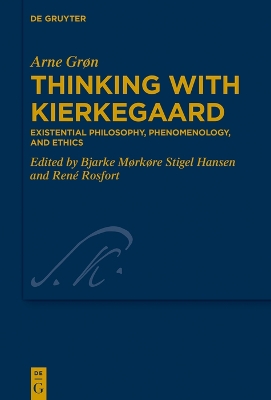Kierkegaard Studies. Monograph
1 total work
Arne Grøn’s reading of Søren Kierkegaard’s authorship revolves around existential challenges of human identity. The 35 essays that constitute this book are written over three decades and are characterized by combining careful attention to the augmentative detail of Kierkegaard’s text with a constant focus on issues in contemporary philosophy. Contrary to many approaches to Kierkegaard’s authorship, Grøn does not read Kierkegaard in opposition to Hegel. The work of the Danish thinker is read as a critical development of Hegelian phenomenology with particular attention to existential aspects of human experience. Anxiety and despair are the primary existential phenomena that Kierkegaard examines throughout his authorship, and Grøn uses these negative phenomena to argue for the basically ethical aim of Kierkegaard’s work. In Grøn’s reading, Kierkegaard conceives human selfhood not merely as relational, but also a process of becoming the self that one is through the otherness of self-experience, that is, the body, the world, other people, and God. This book should be of interest to philosophers, theologians, literary studies scholars, and anyone with an interest not only in Kierkegaard, but also in human identity.
